|
His teachers for organ were Bernard Winsemius, Reitze Smits and Luc Ponet. Harpsichord and basso continuo he studied with Kris Verhelst.
He won prizes in a.o. Pistoia (Italy). Besides, he was awarded the Sweelinck-Müllerprijs 2014. Hugo is organist of St. Maartenskerk Zaltbommel where he plays the monumental Wolfferts-/ Heyneman organ from 1783. Besides, he performs as a soloist or as accompanist, he teaches and writes (musicological) articles. In this conversation, Hugo and I talk about his organist career and about the importance of focusing on the music, trying as many different organs as possible and always continue learning. Enjoy and share your comments below. And don't forget to help spread the word about the SOP Podcast by sharing it with your organist friends. Thanks for caring. Related Link: www.hugobakker.org SOP Podcast #99 - Gerd Hennecke and Markus Kumpf: Passion, Teachers and Practice on Different Organs6/18/2017
organists from Bavaria in Germany, Gerd Hennecke and Markus Kumpf.
We met at Vilnius University St. John's church last week where a few days before Gerd played a concert of organ, vocal and oboe music together with soprano Gunta Gelgote and oboist Juste Gelgotaite. Gerd kindly agreed to share his organ journey with our podcast listeners and even brought a friend Markus who was returning to Vilnius from another town, Nida, a UNESCO protected national treasure on the Curonian Spit in the Western part of Lithuania. Both Gerd and Markus also played a joint recital this week in Vilkyskiai, a small town with the German organ about 250 kilometers west from Vilnius. Gerd Hennecke was born in Schwabach, Germany, in 1970. After the completion of a degree in Sacred Music in Bayreuth, he undertook further studies of organ music with Domkantor Professor Hartmut Rohmeyer in Lübeck. Since 1995 he worked as professional church musician in Augsburg and Wolfsburg. His current employment as organist and choirmaster with the Protestant „Church of Christ“ in Sulzbach-Rosenberg started in February, 2001. His work with several choirs and instrumental ensembles is widely acknowledged. In 2017, he was awarded the title of „Church Music Director“ (Kirchenmusikdirektor). In 2001, Gerd founded the „Sulzbacher Kantorei“ choir, which over the years has performed numerous oratories and a-capella concerts, showing a repertoire ranging from the Renaissance up to the Modern Era. Furthermore, he is also working as organ expert and campanologist. Before his concert here in Vilnius I asked him a few questions and Gerd gladly shared his responses. Vidas: Which type of music programs do you prefer? Gerd: I appreciate all the different musical works featured in my concerts. However, each organ is a unique product, stilistically and musically, and thus, the main task of an organist is to find the appropriate works for the organ in question. I was very fortunate to play the organ at the St. John Church intensively in 2016. Both, the Church's interior and the organ itself favor grand scale compositions, which is why I have chosen masterpieces by Johann Sebastian Bach and Alexandre Guilmant. Moreover, the organ of St John's supports a variety of tonal colors with the main stops, which provides a perfect accompaniment for the oboe – every color and tuning of the oboe can be matched by an equivalent of the organ. Vidas: What's the greatest difficulty at playing the organ for you? Gerd: As every organ presents us with a unique „personality“, the most difficult thing is to adapt yourself to the instrument as quickly as possible. The organ in Vilnius has 64 stops, which are allocated to three manuals plus pedal. All stops can be combined with each other in a multitude of ways. Only if you are acquainted with a lot of different organs, you will be able to determine the suitable timbre for each composition. This is where my work as an organ expert comes into play. I am used to work with a multitude of organs on a daily basis. For exampe, I even had the chance to play some very interesting instruments in Lutheran churches in Lithuania: Vilnius, Kaunas, and Vilkyškiai. Vidas: What are your plans for future organ explorations? Gerd: It's a delight to witness the progress of organbuilding in Lithuania during the last three decades. The organ of St. John's in Vilnius is a significant example. Built by Rimantas Gucas, who was a visionary and idealist at the same time, it is the synthesis of Western organbuilding with Lithuanian influences. Even today, we can listen to the sound of pipes built by the great baroque organ builder Casparini. Gucas was able to create a masterpiece, in which the musical languages of France, Germany, and the Baltics are being combined to form a superb tonal entity. So in today's conversation, Gerd, Markus and I talk about their organist careers, the importance of having passion, good teachers and access to many different organs. Enjoy and share your comments below. And don't forget to help spread the word about the SOP Podcast by sharing it with your organist friends. Thanks for caring. You can reach Gerd andMarkus by email.
direction of Gerre Hancock. Upon his graduation from St. Thomas, he entered Interlochen Arts Academy where he began his organ studies as a student of Thomas Bara.
After high school, he attended the Eastman School of Music for two years; he then transferred to Westminster Choir College where he completed his BM in organ performance as a student of Ken Cowan. While at Westminster, he also studied harpsichord with Kathleen Scheide. Further organ studies and coachings have been with Roberta Gary, David Higgs, Susan Landale, Marie-Louise Langlais, Kimberly Marshall, Paula Pugh Romanaux, Kathleen Scheide, and Carole Terry. Edward has been recently appointed Sub Dean of the Philadelphia Chapter of the American Guild of Organists. Currently Assistant Director of Music at Bryn Mawr Presbyterian Church, his duties include directing numerous children's and handbell choirs and serving as principal accompanist for the 65-member Sanctuary Choir. Edward has previously held positions in New York City (Christ Church, Methodist), Morristown, NJ (St. Peter's Episcopal Church) and in the Mt. Airy neighborhood of Philadelphia (Grace Epiphany Episcopal Church). In addition to recitals at The Cathedral Church of St. John the Divine and St. Thomas Church in New York City, and Old West Church, Boston, he has also performed in Germany and Wales as well as on the historic 18th century Andreas Silbermann organ in Strasbourg, France. Edward’s achievements as a church musician and performer were most recently recognized when he was named as a member of the “Class of 2017” by The Diapason magazine’s program, “20 under 30,” which lifts up young professionals in the world of organ, harpsichord, carillon, and church music. A major interest in contemporary organ music, particularly by American composers, led Edward to commission "E," "Fantasia," and "Parodies" by Kathleen Scheide; "Praeludium" and “Psalm 139” by Pamela Decker; "Prelude on the Carillon d'Alet" by Craig Phillips, and "Exordium" by Carson Cooman. A composer himself, “Flourishes and Reflections – Organ Music for Service or Recital” was recently released by Lorenz. In this conversation, Edward and I talk about his organist career and about his graceful strategy of dedicating his own compositions to other organists and composers. Enjoy and share your comments below. And don't forget to help spread the word about the SOP Podcast by sharing it with your organist friends. Thanks for caring. Related link: www.edwardlandin.com PS If you want to achieve your organ related goals faster than you would be on your own, I invite you to try out my Total Organist membership program for free for 30 days. SOP Podcast #97 - Gena Bedrosian on the Challenges with Advertising a Recital in the Church6/4/2017
the glory of God, not just performance. In retirement she performs in three choirs, on piano and pipe organ.
She reached out to me because she has a number of piano recitals coming up and one big organ recital planned for the next year. Gena faces a challenge in communicating with one particular church because they won't let her to advertise this recital using church's internal marketing tools: email newsletter, website promotion etc. It's a strange situation because it seems as though Gena has been scheduled to perform there, the church doesn't want people to come to her recital. So if you are facing similar challenges, I hope this conversation will be helpful to you because together we will find a solution how Gena could go about in solving this problem in a diplomatic way. Enjoy and share your comments below. And don't forget to help spread the word about the SOP Podcast by sharing it with your organist friends. Thanks for caring. |
DON'T MISS A THING! FREE UPDATES BY EMAIL.
AuthorVidas Pinkevicius' conversations with internationally renown experts from the organ world - concert and church organists, improvisers, educators, composers, organ builders, musicologists and other people who help shape the future of our profession. Archives
November 2017
|
This site participates in the Amazon, Thomann and other affiliate programs, the proceeds of which keep it free for anyone to read.
Copyright © 2011-2024 by Vidas Pinkevicius and Ausra Motuzaite-Pinkeviciene.
Terms of Service and Privacy Policy
Copyright © 2011-2024 by Vidas Pinkevicius and Ausra Motuzaite-Pinkeviciene.
Terms of Service and Privacy Policy

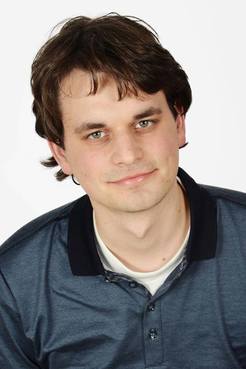
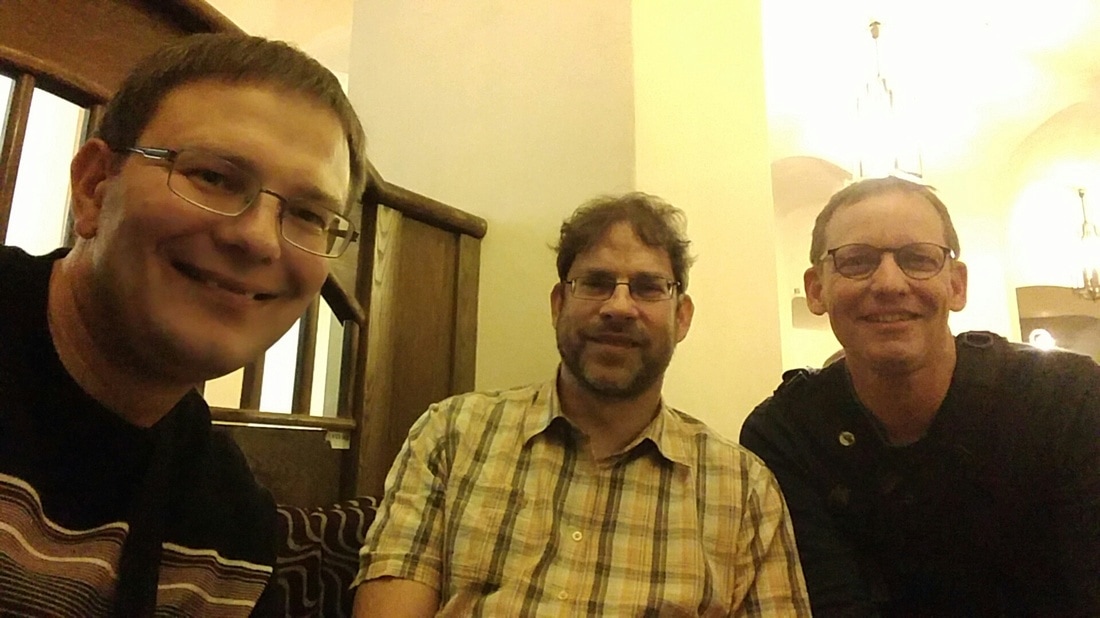
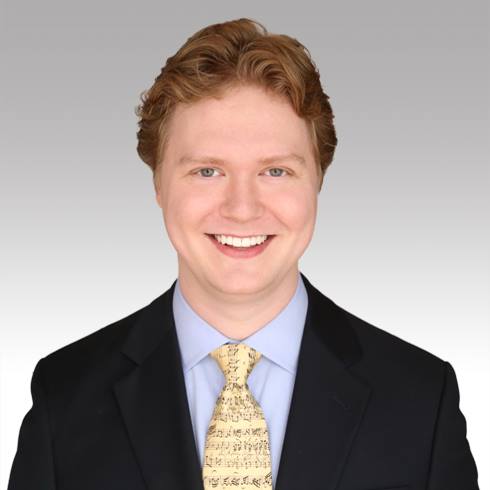
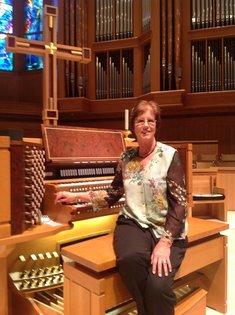
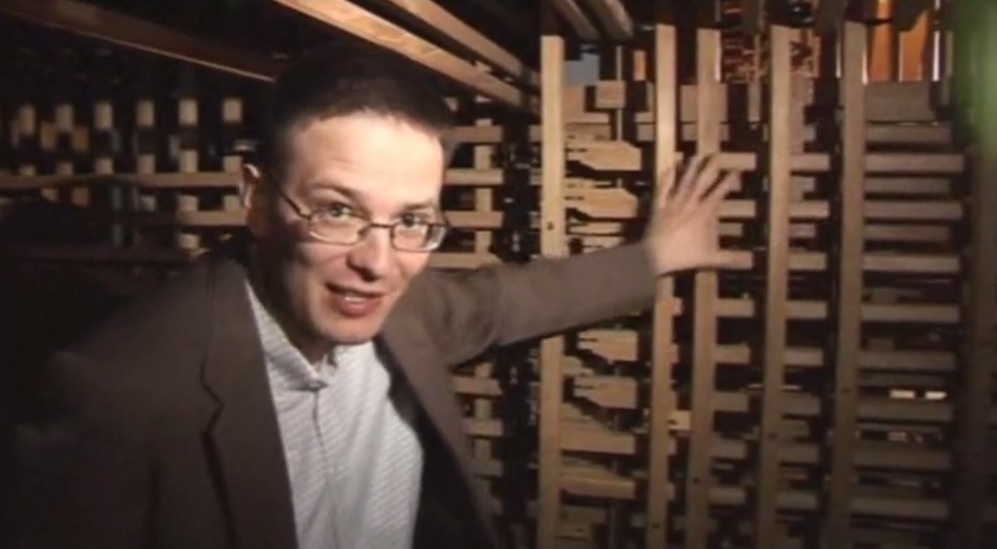
 RSS Feed
RSS Feed